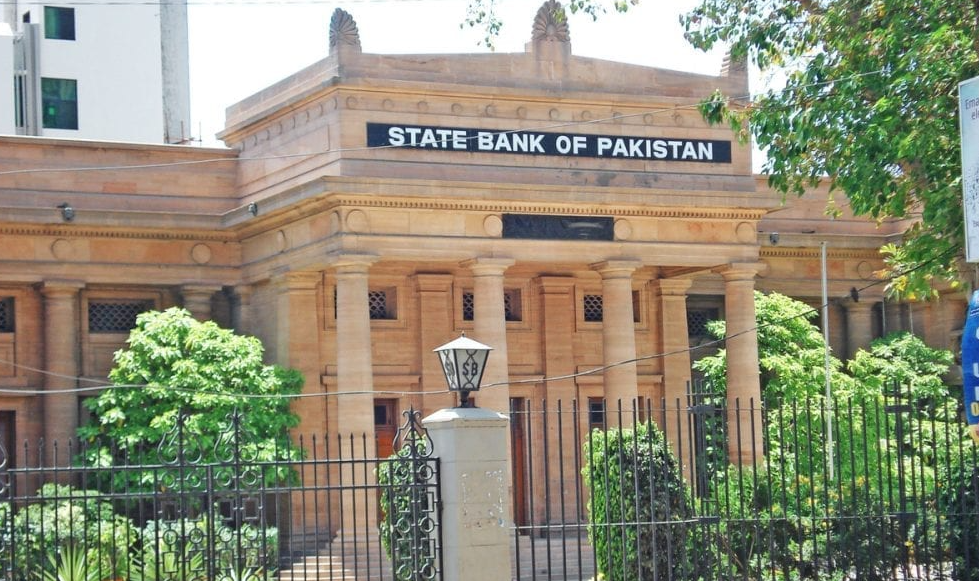The Botswana National Bank, also known as the Bank of Botswana, plays a crucial role in the country’s financial system, fostering economic growth, stability, and development. With its long-standing history and commitment to excellence, the bank has become a cornerstone of Botswana’s economy. In this article, we will explore the functions, responsibilities, and impact of the Botswana National Bank, shedding light on its contributions to the nation’s prosperity.
As a landlocked country in Southern Africa, Botswana has made significant strides in establishing a strong and stable financial system. Central to this system is the Botswana National Bank, which acts as the country’s central bank. Its primary objective is to maintain price stability and foster a conducive economic environment for sustainable growth.
Overview of Botswana National Bank
The Botswana National Bank, established in 1975, serves as the sole authority responsible for issuing the national currency, the Botswana pula. It operates independently from the government and functions as the custodian of Botswana’s monetary policy. The bank is governed by a board of directors appointed by the government, ensuring a balanced and transparent decision-making process.
History of the Botswana National Bank
The history of the Botswana National Bank dates back to the early years of Botswana’s independence. Recognizing the need for a stable financial system, the government established the bank to oversee the nation’s monetary affairs and support economic development. Since its inception, the bank has evolved to meet the changing needs of the country, adapting to the dynamic global financial landscape.
Role and Responsibilities of the Botswana National Bank
The Botswana National Bank plays a multifaceted role in Botswana’s economy. Its key responsibilities include:
Monetary Policy
As the central bank, the Botswana National Bank formulates and implements monetary policy measures to achieve and maintain price stability. Through its strategic decisions on interest rates, money supply, and foreign exchange reserves, the bank aims to control inflation, stimulate economic growth, and support employment.
Financial Stability
Promoting financial stability is another critical aspect of the bank’s mandate. It works diligently to ensure the soundness and resilience of Botswana’s financial system, monitoring potential risks and taking necessary actions to mitigate them. By maintaining a robust regulatory framework, the bank safeguards the integrity and stability of the banking sector.
Banking Supervision
The Botswana National Bank serves as the primary supervisor and regulator of banks and other financial institutions in the country. It enforces prudential standards and conducts regular assessments to ensure compliance with regulations, protecting depositors’ interests and maintaining the overall health of the banking system.
Botswana’s Economy
To understand the significance of the Botswana National Bank, it is crucial to examine Botswana’s economy. The country has experienced remarkable economic growth driven by its rich diamond reserves, good governance, and prudent economic policies. The bank plays a pivotal role in sustaining this growth by providing a stable and supportive financial environment.
Contribution to Economic Development
The Botswana National Bank actively contributes to Botswana’s economic development in various ways. By implementing effective monetary policies, it fosters an environment conducive to investment, trade, and entrepreneurship. The bank collaborates with government agencies, businesses, and international partners to drive economic diversification and promote sustainable development.
International Relations
Maintaining strong relationships with international financial institutions is essential for Botswana’s economic integration and growth. The Botswana National Bank actively engages with global organizations, such as the International Monetary Fund and the World Bank, to strengthen its financial systems, access technical assistance, and promote cooperation.
Innovation and Technology
In line with the global trends of digital transformation, the Botswana National Bank embraces innovation and technology to enhance financial services. It leverages advancements in financial technology (fintech) to improve operational efficiency, expand access to financial services, and promote financial inclusion across Botswana.
Support for Financial Inclusion
Ensuring that all individuals and businesses have access to affordable financial services is a key priority for the Botswana National Bank. The bank actively promotes financial inclusion initiatives, working to reduce barriers and expand financial access to underserved communities. Through collaborations with financial institutions, it encourages the development of innovative products and services that cater to the needs of a diverse population.
Corporate Social Responsibility
The Botswana National Bank recognizes the importance of corporate social responsibility (CSR) and actively engages in initiatives that benefit the community. It supports programs in education, health, and environmental conservation, contributing to the overall well-being and sustainable development of Botswana.
Challenges and Future Outlook of Botswana National Bank
Like any institution, the Botswana National Bank faces its share of challenges. These include managing inflationary pressures, adapting to evolving financial technologies, and addressing emerging risks. However, the bank remains committed to its mandate and continuously strives to enhance its capabilities and meet future challenges head-on.
Conclusion
The Botswana National Bank, as the central bank of Botswana, plays a pivotal role in driving economic growth, stability, and development. Through its commitment to monetary policy, financial stability, banking supervision, and support for financial inclusion, the bank fosters an enabling environment for businesses, individuals, and the nation as a whole. As Botswana continues to progress, the Botswana National Bank stands at the forefront, ensuring a resilient and prosperous financial system for the benefit of all.
FAQs
Q1. What is the Botswana National Bank?
The Botswana National Bank, also known as the Bank of Botswana, is the central bank of Botswana. It is responsible for maintaining price stability, supporting economic growth, and regulating the financial sector in the country.
Q2. When was the Botswana National Bank established?
The Botswana National Bank was established in 1975, shortly after Botswana gained independence.
Q3. What are the main responsibilities of the Botswana National Bank?
The Botswana National Bank has several key responsibilities, including formulating and implementing monetary policy, ensuring financial stability, and supervising the banking sector.
Q4. How does the Botswana National Bank contribute to economic development?
The Botswana National Bank contributes to economic development by creating a favorable environment for investment, trade, and entrepreneurship. It supports economic diversification and collaborates with government agencies and international partners to promote sustainable development.
Q5. What initiatives does the Botswana National Bank undertake for financial inclusion?
The Botswana National Bank actively promotes financial inclusion by working to reduce barriers and expand access to financial services. It supports initiatives that cater to underserved communities and encourages the development of innovative financial products and services.
References:
- Bank of Botswana Official Website. Retrieved from https://www.bankofbotswana.bw/
- “Botswana Economic Outlook” by African Development Bank Group. Retrieved from https://www.afdb.org/en/countries/southern-africa/botswana/botswana-economic-outlook
- “Botswana: Selected Issues” by International Monetary Fund. Retrieved from https://www.imf.org/en/Publications/CR/Issues/2019/10/25/Botswana-Selected-Issues-48883
- “Financial Inclusion in Botswana” by United Nations Capital Development Fund. Retrieved from https://www.uncdf.org/botswana

